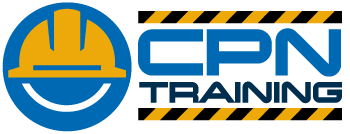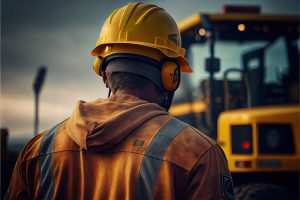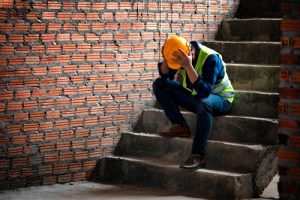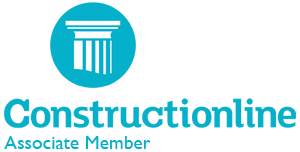The Lifting Operations and Lifting Equipment Regulations 1998 (LOLER) is a crucial piece of legislation in the United Kingdom that aims to ensure the safety of lifting operations and equipment. Passed under the Health and Safety at Work Act 1974, LOLER seeks to minimize the risks associated with lifting activities, thereby reducing workplace accidents and injuries. This article will provide an overview of the key provisions of LOLER, discuss its implications for employers and employees, and offer compliance tips.
Scope and Application
LOLER applies to all lifting operations and lifting equipment used at work, including cranes, forklifts, hoists, and other accessories. The regulations cover all sectors of industry, from construction and manufacturing to warehousing and retail. However, they do not apply to domestic use or situations where lifting equipment is not used as part of a work activity.
Key Provisions of LOLER
The regulations focus on four main aspects:
Equipment Selection and Suitability: Employers must ensure that lifting equipment is suitable for the task, taking into account factors such as load capacity, operating environment, and stability.
Inspection and Maintenance: Lifting equipment must be regularly inspected by a competent person to identify any defects that could pose a risk. Any necessary repairs or maintenance must be carried out promptly. Thorough examinations must occur at least every 12 months for general lifting equipment, or every six months for equipment used to lift people.
Safe Lifting Operations: Employers must ensure that lifting operations are planned and supervised by competent personnel. This includes assessing risks, determining load weights, and specifying appropriate control measures.
Training and Competence: Employees involved in lifting operations must receive adequate training and instruction, as well as being informed of any risks associated with the equipment or operation.
Employer Responsibilities
Employers are responsible for ensuring the safety of lifting operations and equipment under their control. This includes:
- Identifying and assessing risks associated with lifting activities.
- Providing appropriate lifting equipment and ensuring its suitability for the intended use.
- Ensuring that lifting equipment is regularly inspected and maintained.
- Implementing safe working practices and providing necessary training and supervision.
- Keeping records of inspections, maintenance, and training activities.
Employee Responsibilities
Employees have a duty to:
- Follow safe working practices and procedures.
- Use lifting equipment correctly and report any defects or concerns to their employer.
- Attend relevant training and maintain their competence in lifting operations.
- Cooperate with their employer in implementing safety measures.
Tips for Compliance
To ensure compliance with LOLER, employers should:
- Develop a comprehensive lifting equipment inventory, including details of each item’s specifications, inspection frequency, and maintenance history.
- Implement a robust inspection and maintenance program, carried out by competent personnel.
- Develop and enforce safe lifting procedures, including risk assessments, lift planning, and emergency response plans.
- Provide appropriate training and supervision for all employees involved in lifting operations.
- Maintain thorough records of all lifting activities, including inspections, maintenance, and employee training.
Conclusion
LOLER plays a vital role in ensuring the safety of lifting operations and equipment in workplaces across the UK. By understanding and adhering to its provisions, employers can reduce the risk of accidents and injuries, while employees can contribute to a safer working environment. Proper training, regular inspections, and a strong safety culture are essential components of compliance with LOLER, leading to a more secure and productive workplace.












